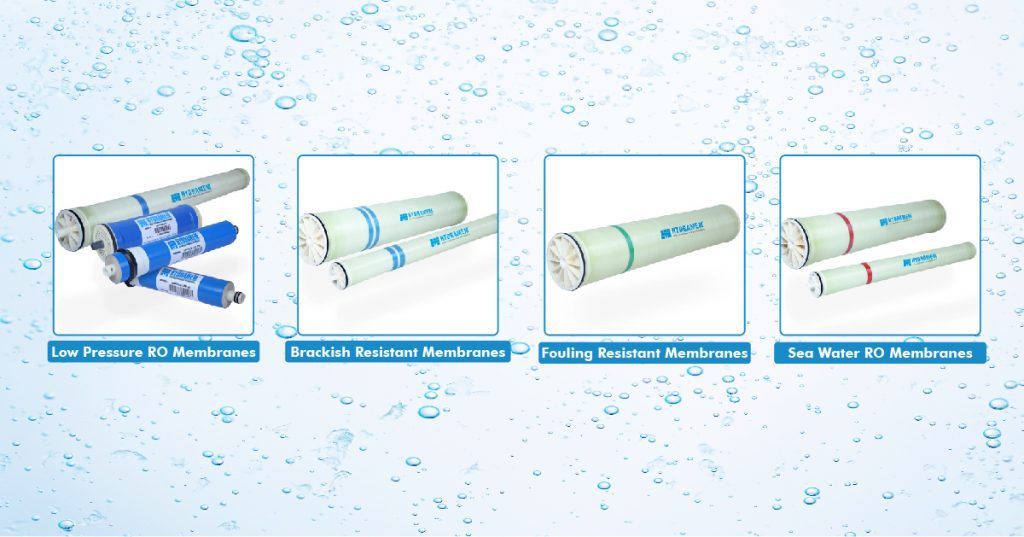Bangladesh is a nation rich in rivers and groundwater, yet water quality remains one of its greatest challenges. Industrial pollution, high salinity in coastal regions, and the presence of arsenic in groundwater pose a threat to safe drinking water for millions. To overcome these hurdles, the country is increasingly turning to advanced water purification technologies. At the heart of this transformation lies the RO membrane, a cornerstone of modern reverse osmosis systems that ensures safe, consistent, and reliable water quality.
Why RO Membrane Technology Matters?
The RO membrane filter is the most critical component in a reverse osmosis system. It acts as a selective barrier, allowing pure water molecules to pass while rejecting dissolved salts, heavy metals, organic contaminants, and microorganisms. This makes RO membranes indispensable for a wide range of applications in Bangladesh, from household drinking water units to large-scale municipal and industrial treatment plants.
Key advantages include:
- High Salt Rejection – Essential for coastal areas where groundwater salinity is high.
- Safe Drinking Water – Removes arsenic, nitrates, and other harmful impurities.
- Industrial Reliability – Provides ultrapure water for industries like textiles, pharmaceuticals, and power generation.
- Sustainability – Modern RO membranes are engineered for high recovery rates, reducing water wastage.
The Need for RO Membrane Solutions in Bangladesh
Bangladesh’s water challenges are multi-dimensional:
- Salinity Intrusion in coastal areas makes traditional sources undrinkable.
- Arsenic Contamination in groundwater is a public health crisis.
- Urban Growth demands scalable treatment plants to meet rising needs.
- Industrial Expansion requires reliable ultrapure water for quality production.
In all these contexts, the RO membrane filter provides an effective solution by ensuring high-purity output and safeguarding both human health and industrial processes.
Ion Exchange’s Leadership in RO Membrane Technology
HYDRAMEM RO Membranes, crafted from cross-linked, fully aromatic polyamide (thin film) composites, offer high performance across various water treatment applications. Designed to address different water quality challenges, these membranes are available in four primary categories: Low-pressure RO Membranes for energy-efficient purification, Brackish Water RO Membranes for moderate salinity waters, Fouling-Resistant Membranes for applications prone to buildup, and Sea Water RO Membranes engineered for high-salinity environments. Each product is tailored to ensure optimal performance, efficiency, and durability across diverse treatment needs.
Why Choose Ion Exchange?
When choosing RO solutions, the membrane defines performance. By working with Ion Exchange, clients gain access to world-class RO membrane technology supported by decades of engineering expertise. Our solutions ensure that communities, municipalities, and industries in Bangladesh can access safe, sustainable water today—and into the future.
Conclusion
As Bangladesh strives for sustainable water security, RO membranes are driving the next generation of purification technology. From removing harmful contaminants to providing reliable drinking water and industrial process water, the RO membrane filter is central to the country’s progress. With Ion Exchange’s proven solutions and expertise, Bangladesh is better equipped to meet its water challenges and secure a healthier future.


